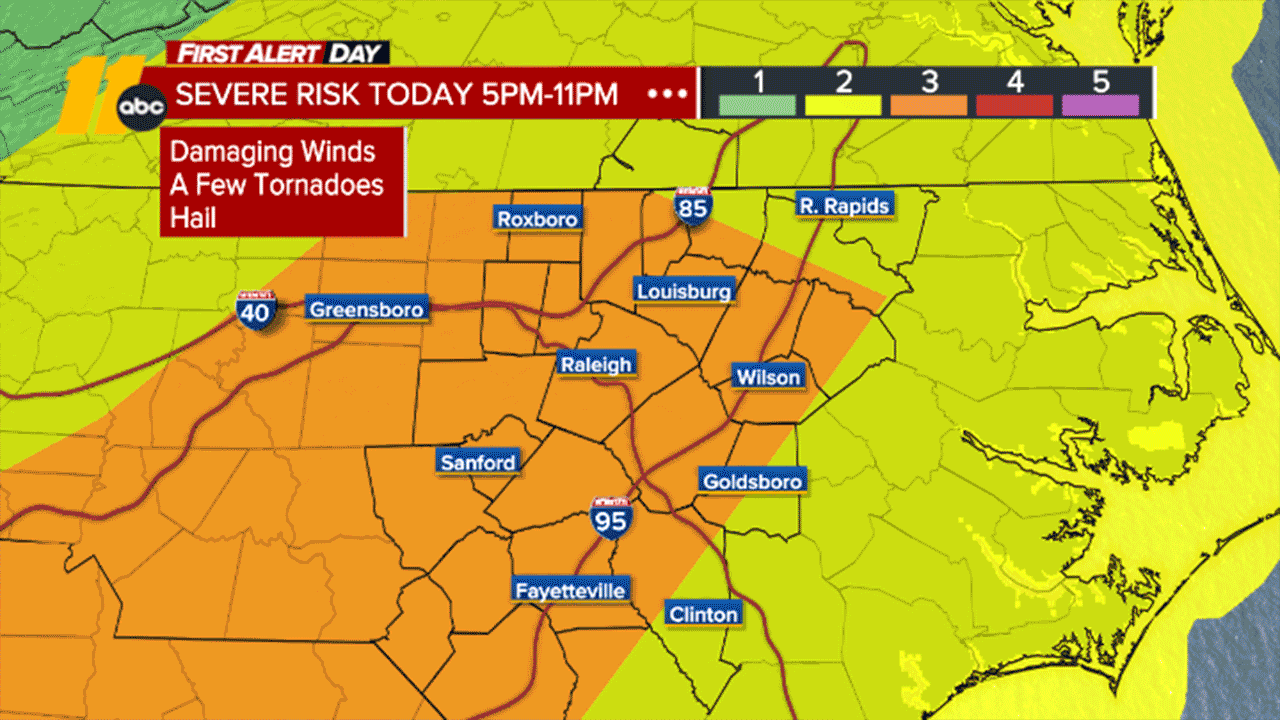Do you have flood insurance? Homeowners policy may not be enough to cover flooding

NORTH CAROLINA (WTVD) -- After Tropical Storm Debby caused widespread flooding throughout the area, many homeowners are learning that without flood insurance, their home is not protected.
"Your homeowner's insurance does not cover the risk of flooding. So when one of these hurricanes or tropical storms comes through, and your entire downstairs is covered in water, you call your insurance agent unless you've bought a separate flood insurance policy, you're not going to have coverage," says Trevor Burgess with Neptune Flood, a private flood insurance provider.
Burgess says his company's data and research shows in North Carolina only 2.64% of the properties have flood insurance.
He adds, "I think, as it's become more expensive. As the NFIP has raised their prices, people have made the tough economic decision to actually drop their flood insurance, which means that when Tropical Storm Debbie came through they didn't have cover for any flooding that they experienced."
Barrett Hildebrand's Lucama home sits in a flood zone and during Tropical Storm Debby she could only watch as flood waters from a creek nearby surrounded her home.
"We are literally an island, our house is an island. This is one of the worst we have seen it." To buy the home, they had to purchase flood insurance as it's mandatory for people who live in high-risk areas and have a mortgage. However, the North Carolina Department of Insurance estimates nearly 30% of all flood insurance claims are for properties outside the special flood hazard areas, where homeowners get caught off guard.
Burgess says that while FEMA's flood maps are useful tools, they could also give homeowners a false sense of security. He says, "Many of them have not been updated in years, decades, or even 20 years, and the more outdated they are, the less they take into account things like climate change. How much higher is the sea now, how much warmer is the water, and what has changed in the built environment? I mean 20 years ago how many fewer buildings existed, you know, in North Carolina? This is an entirely different urban atmosphere."

That's why Burgess says if your home is anywhere near water whether that be the ocean, a lake, a river, or even a creek, it's key to invest in flood insurance.
"The only way to protect yourself from the economic loss of flooding is to buy flood insurance. When FEMA comes to town they set up their tent and have a disaster, recovery, grant, or something. That's hundreds of dollars, not thousands or tens of thousands of dollars. It's going to take to actually repair your home. So the only way to really protect yourself is to buy flood insurance and flood insurance is price based upon risk," Burgess said.
Most flood insurance policies come with a 30-day waiting period, so waiting until a storm is forecast will be too late to protect your property.







